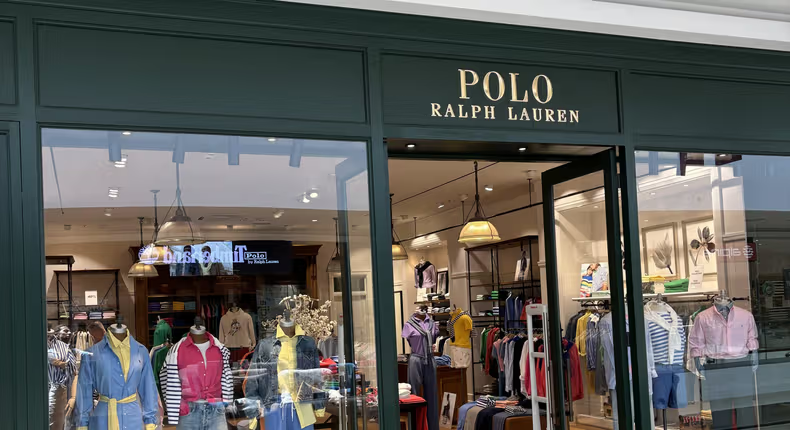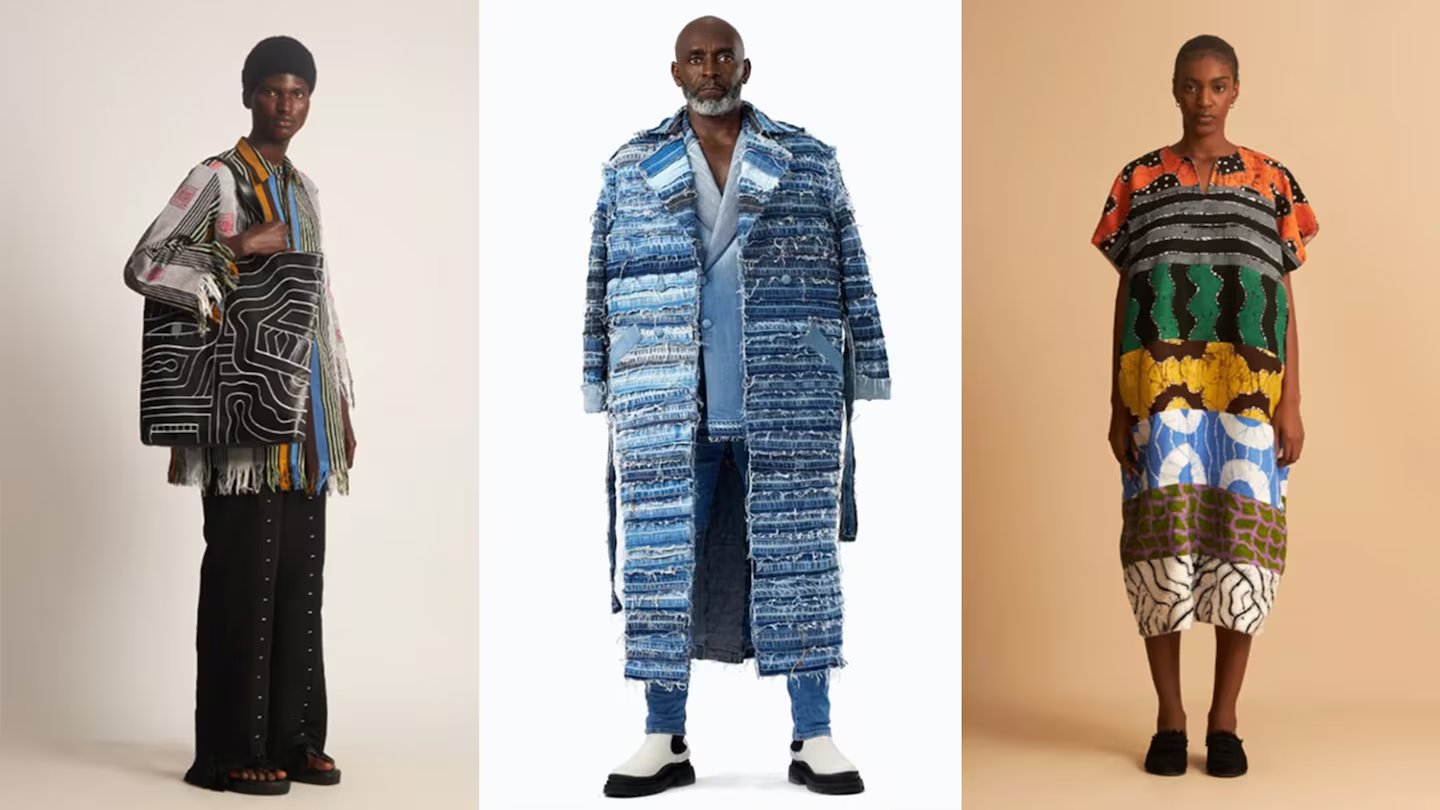Lagos Fashion Week returns from October 29 to November 2, 2025, with a renewed sense of sustainability and responsibility in creativity. Amidst the drama of the runway walks and brand showcases, one stage still points to where African fashion is headed: Green Access.
Now in its latest form, Green Access is the Lagos Fashion Week’s collective conscience. It is a platform for young designers that is more than just a launching platform; it is a mentorship-driven incubator that nurtures sustainable-thought creativity. It causes designers to look beyond fashion as a singularly aesthetic exercise and see it as a system that can be reimagined with purpose and accountability.
This year’s Green Access class, Alexander Obochi (Ndiche Apparel), Faridah Amao (Sinae Accessories), Kamsi Odionu (Adage Studio Projects), Lily Igbekele (Unrefyned Accessories), Mbong Takon (JLK Studio), and Toluwanimi Dada (Left of Yaba), is a thoughtful group of apparel and accessories designers who are quietly redefining what sustainability entails in a Nigerian world. While details about each brand are still emerging, their collective presence speaks to a generation that sees fashion as a dialogue between culture, material, and environment.
Obochi’s Ndiche Apparel hints at contemporary tailoring grounded in tradition, while Amao’s Sinae Accessories explores delicate, textural craftsmanship with an eye for storytelling through form. Odionu’s Adage Studio Projects draws attention to shape and restraint, balancing artistic experimentation with wearable design. Igbekele’s Unrefyned studio, by contrast, exudes cheeky bravado, pieces that negotiate tactility with the sculptural. For JLK Studio of Takon, accessories serve as a medium for innovation and recollection, while Dada’s Left of Yaba brings youthful urbanity to the conversation around sustainable streetwear.
Green Access is as much a learning experience as it is exposure. Through workshops and mentorship programs, designers are taught to think critically about sourcing, production, and waste. Upcycling, local material sourcing, and collaborative design are cherished principles in the program, resonating through Nigeria’s growing creative industries.
READ MORE: Why Ekpo Africa’s Baby Boy Lifestyle Is More Than Just Content
Green Access graduates in recent years have progressed to design collections that blur lines between art, craft, and social justice, proving that sustainable fashion can also be lucrative. This year’s showcase continues that trend, confirming that the future of African fashion will be based on how seriously designers are wrestling with ethics, timelessness, and local narrative.
As Lagos Fashion Week 2025 begins, all eyes may be on the A-list designers and celebrity partnerships, but Green Access is at its heart, proof that the catwalk is also school. The fabric of the future is being sewn by those who dare to imagine otherwise.

























